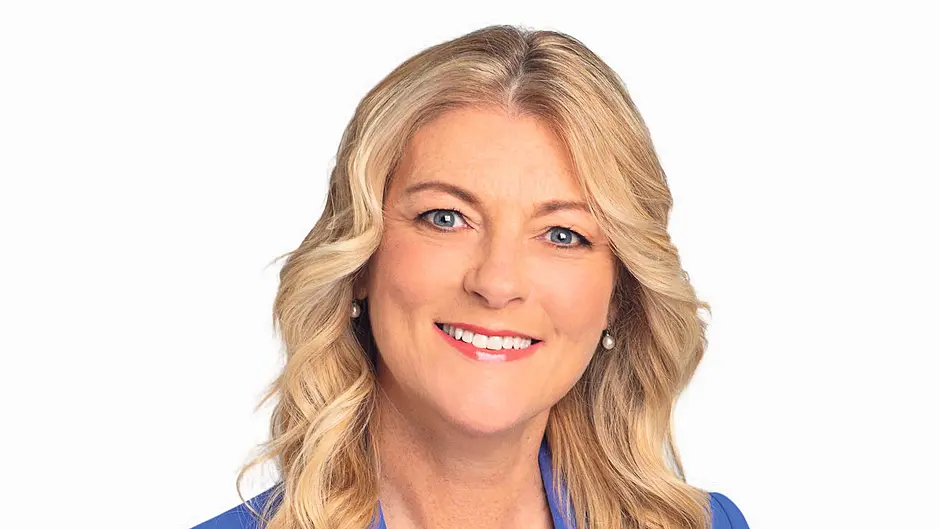COSTLY legal fees are stopping women from reporting domestic abuse, a family law barrister and European election candidate has warned.
Fianna Fáil candidate for Ireland South, Cynthia Ní Mhurchú (pictured) works with families in the family courts.
She said it can cost hundreds of euro to get a barring order, if legal representation is not paid for by the State by way of free legal aid.
To access legal aid, one must have an annual disposable income of less than €18,000 and disposable assets of less than €100,000.
‘Although the family home is not included in the assessment, many people are excluded because of their income from work,’ said Ms Ní Mhurchú.
She said that other survivors of abuse may not meet the qualifying criteria but have little or no control over their finances due to coercive control.
‘Those who do not qualify for legal aid often do not proceed with their application for protection, thereby prolonging the mental torture for themselves and very often young children,’ said Ms Ní Mhurchú.
‘I have represented countless domestic violence victims over the years. They have to know that they can turn to the courts for protection. Means or lack thereof should not be a barrier to protection for vulnerable victims and their families,’ she said.
She cited figures from Safe Ireland which show one in three women have experienced psychological violence from a partner at some point in their lives and one in six have experienced physical or sexual violence by a partner since the age of 15.
According to Ní Mhurchú, evidence shows there is a growing number of men reporting being victims of domestic violence and that there are very few supports in place to assist them.
She plans to promote the EU directive on combating violence against women which was agreed by the European Parliament in February 2024.
The directive aims to impose minimum standards in EU law in terms of criminalising certain forms of gender-based violence, and improving access to justice and services.
Ms Ní Mhurchú said applications for protection should be streamlined with an online process to make it easier for survivors to access.
‘Victims of domestic violence should not have to face an additional financial barrier in order to seek and obtain a protection order in court nor have to contribute to the cost of civil legal aid when they apply for court protection.
At the very least the first application for a temporary protection, safety or barring order – by the victim - should be done via an online form and an online application to a judge to simplify the difficult application.’










